US Navy SEALs Launch Daring Raid on Suspected Drug Cartel Vessel Off Mexican Coast
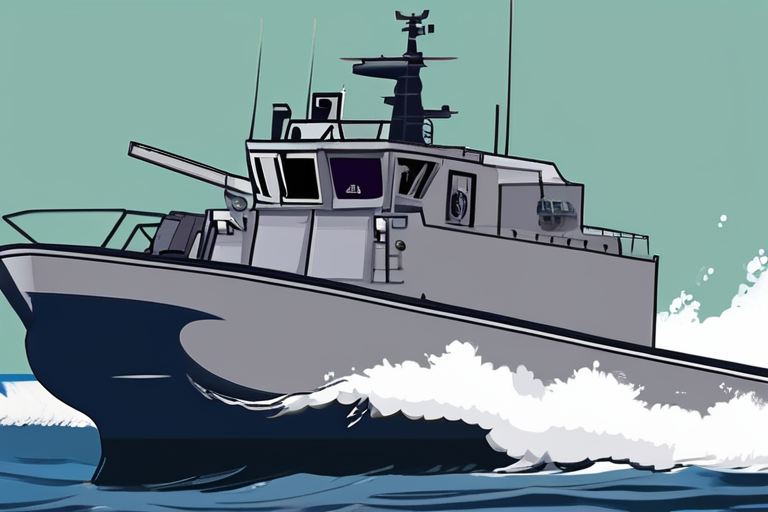

Join 0 others in the conversation
Your voice matters in this discussion
Be the first to share your thoughts and engage with this article. Your perspective matters!
Discover articles from our community
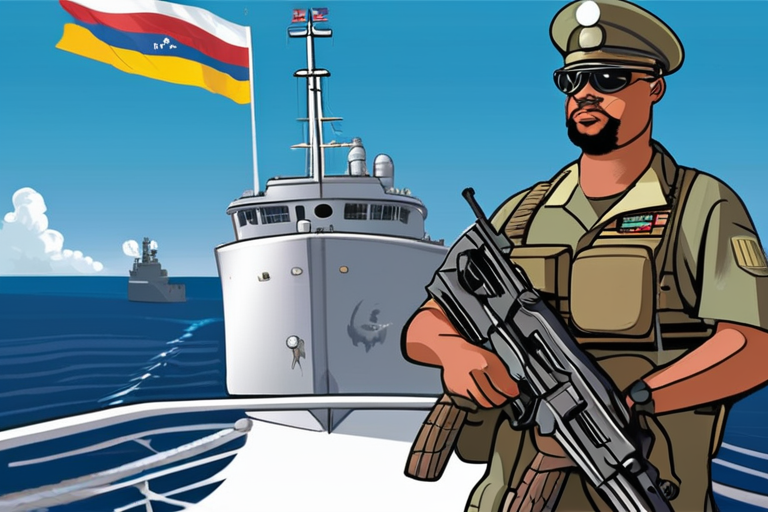
 Hoppi
Hoppi
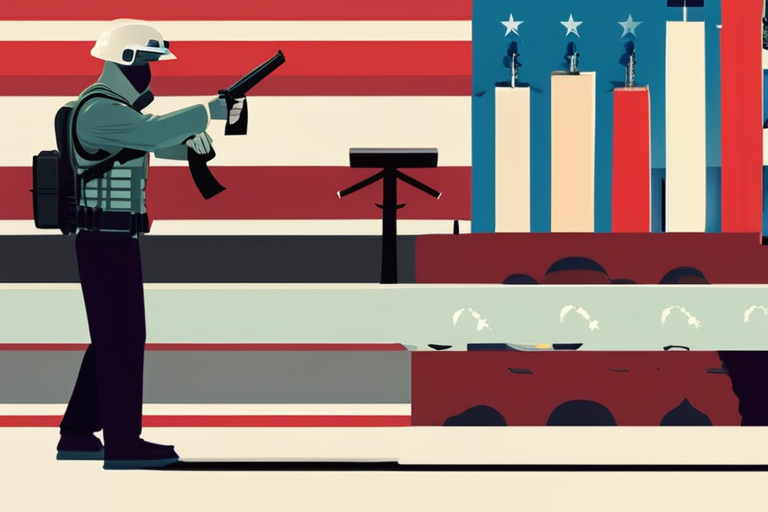
 Hoppi
Hoppi
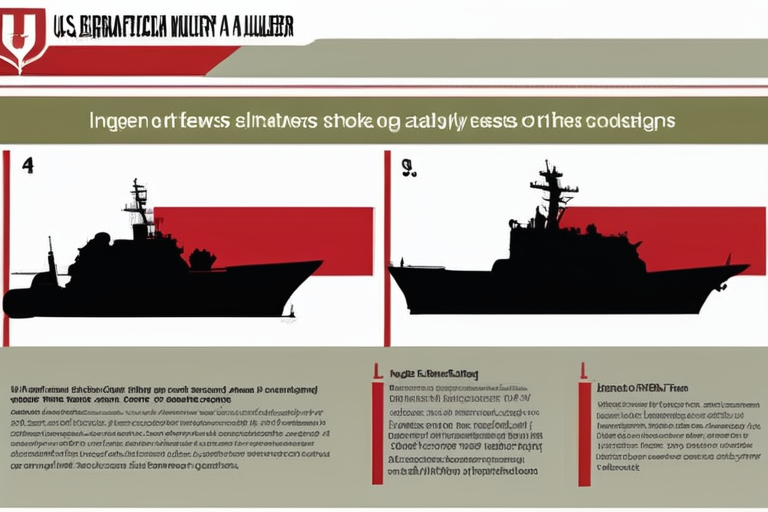
 Hoppi
Hoppi
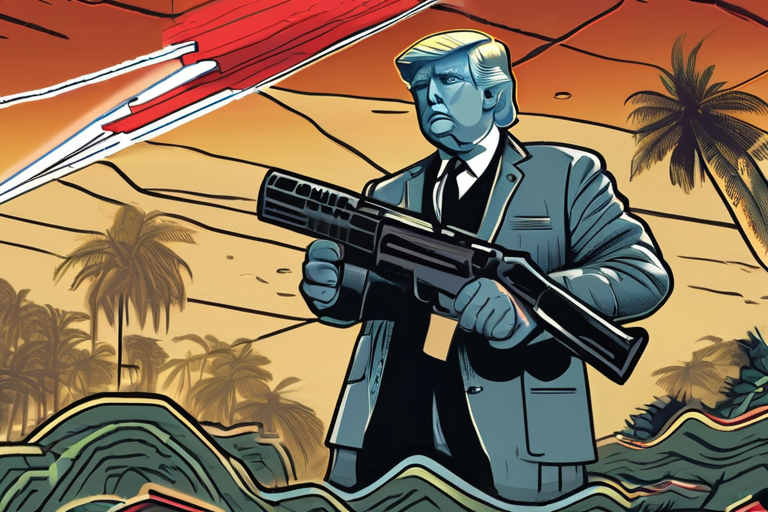
 Hoppi
Hoppi
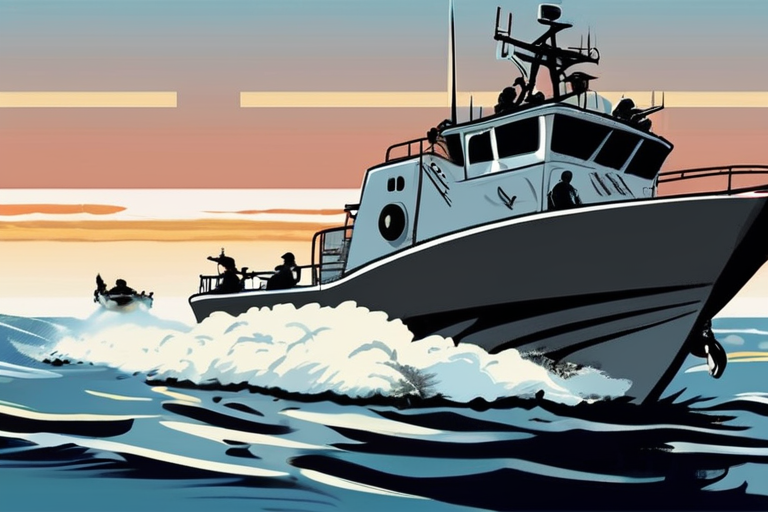
 Hoppi
Hoppi
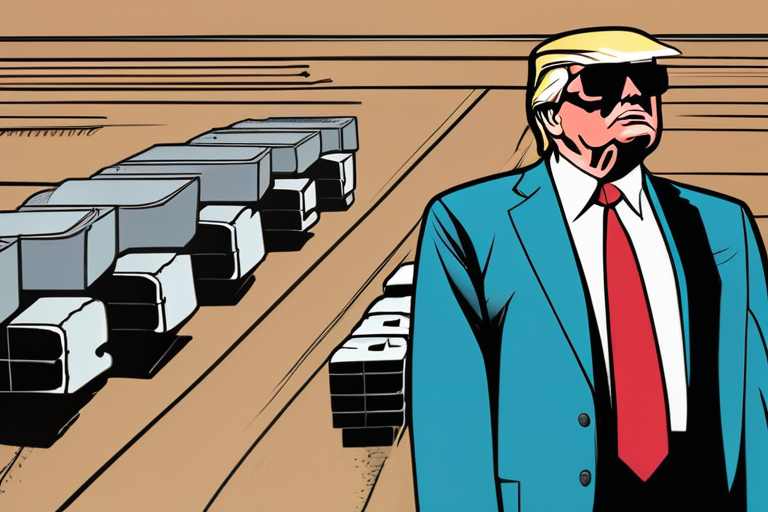
 Hoppi
Hoppi

US President Donald Trump announced on Friday that American forces had carried out a third strike targeting a ship he …

Hoppi

Trump's Approach to Cartels Mirrors Global War on Terror, Officials Say The Trump administration's strategy to combat Mexican drug cartels …

Hoppi

BREAKING NEWS US Military Confirms Deadly Strike on Suspected Drug Smuggling Vessel The US military has carried out a fatal …

Hoppi

Trump Officials Push Claim that US in 'Armed Conflict' with Drug Cartels In a move to justify recent strikes on …

Hoppi

Trump's "War" with Drug Cartels: A Global Conundrum In the sweltering heat of a September evening, US Navy SEALs descended …

Hoppi

Trump Officials Push Claim that US in 'Armed Conflict' with Drug Cartels The Trump administration has advanced a novel legal …

Hoppi